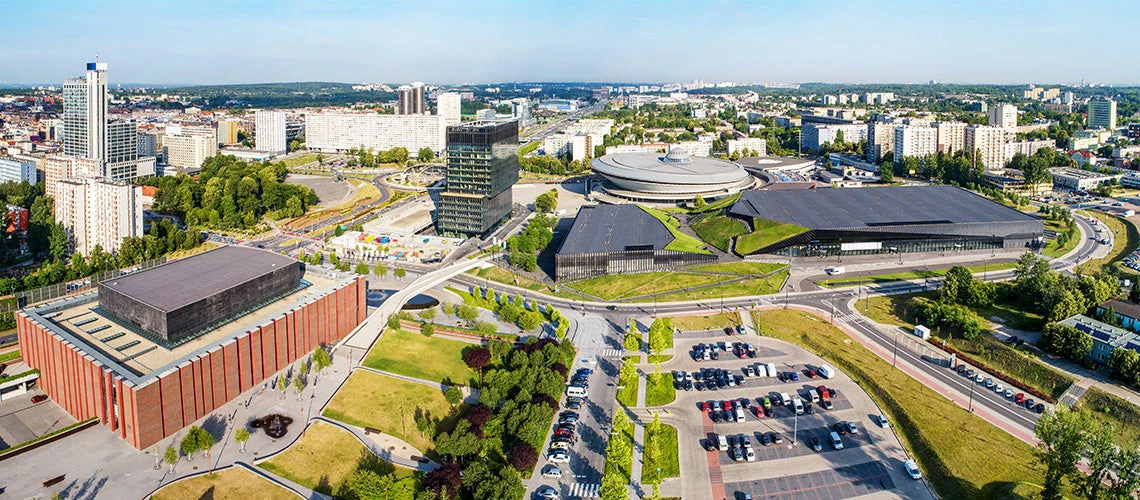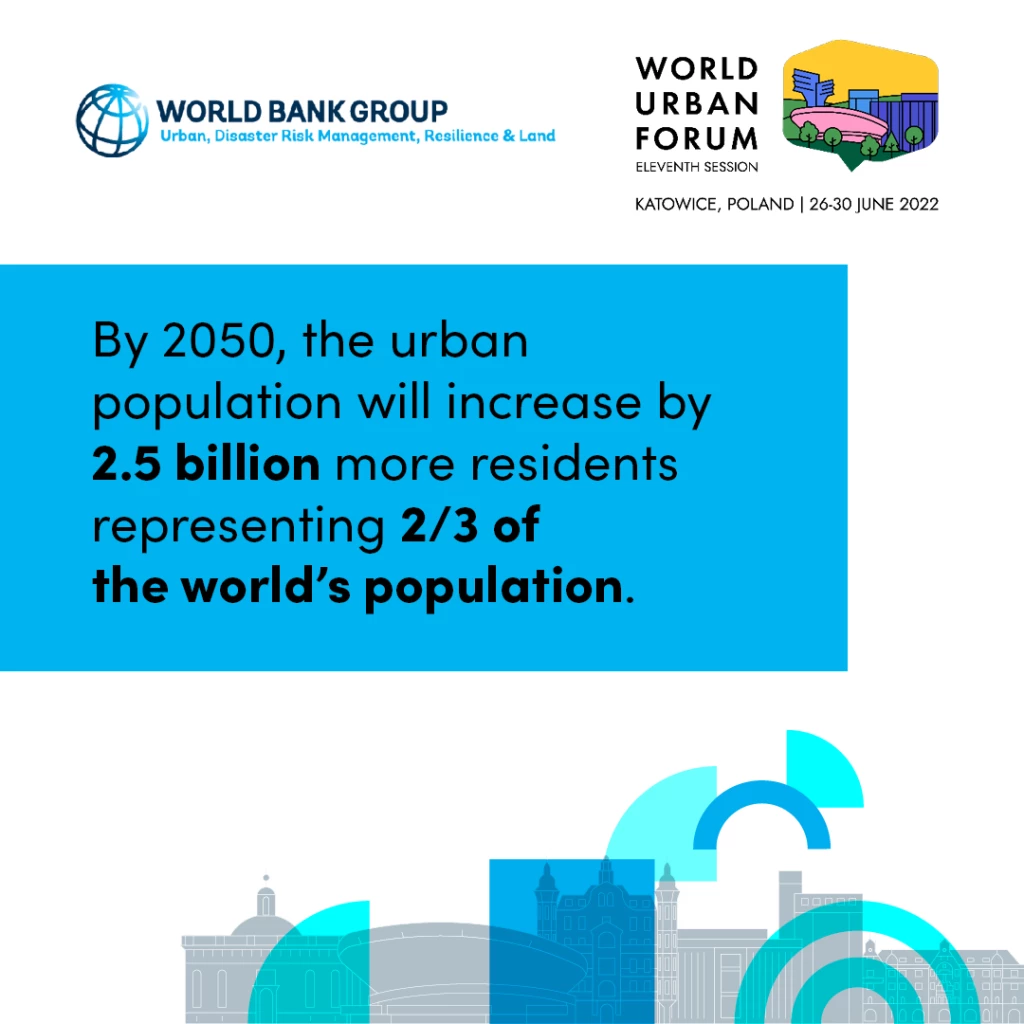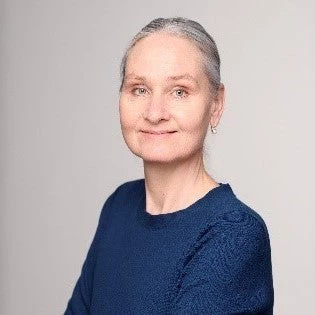 Aerial view of the city of Katowice, Poland
Aerial view of the city of Katowice, Poland
By 2050, cities will be home to an additional 2.5 billion people, with two out of every three people living in urban areas. The mounting impacts of climate change, combined with the COVID-19 pandemic and its aftermath, and conflict and fleeing populations, hit cities the hardest and requires them to become resilient to shock waves of change. Cities are also uniquely vulnerable to climate shocks and natural disasters. At the same time, investing in cities can deliver major impact for green, resilient, and inclusive growth.
This week will see the eleventh session of the World Urban Forum (WUF11) in Katowice, Poland, the premier conference on urban development, where many of the discussions will focus on how to harness the potential of cities for a safer, more prosperous planet.
City and climate investment solutions
This year’s conference, “Transforming our Cities for a Better Urban Future,” gives us the opportunity to address how we can support cities to be catalysts of positive change, especially regarding climate. The recent IPCC report shows how climate change is affecting communities around the world. For cities, the challenges are specific: about 90% of urban expansion is taking place in developing countries, much of it near hazard-prone areas, in informal and unplanned settlements , with clear implications for resilience building in the face of mounting climate impacts. As they grow, their exposure to climate and disaster risk also increases, and they risk being locked in inefficient and unsustainable development pathways. Cities also generate 70 percent of global greenhouse gas (GHG) emissions.
The earlier we invest in a city’s resilience and sustainability, the more cost and time-effective that investment will be. Faced with multiple crises in recent years, the World Bank and our partners have been working towards scaling up climate mitigation and adaptation in cities through the creation of several programs. For instance, we are supporting over 70 cities in 30 countries, through the City Finance Gap Fund, a global partnership that aims to assist cities in developing countries turn their climate ambitions into projects ready to be financed and implemented. We are also helping cities to plan for and mitigate adverse impacts of disasters in over 180 cities, through the City Resilience Program.
Building back stronger by improving urban resilience
WUF 11 is a particularly symbolic venue, physically close to the ongoing war in Ukraine with over 3.5 million people having fled to Poland since February 2022. It is vital, therefore that discussions at the meeting also examine the acute effects of conflicts on cities across the human, economic, and cultural dimensions, as well as reinforce the importance of building back stronger by improving urban resilience.
Conflicts destroy urban agglomerations, disrupting critical urban systems and services such as housing, transportation, and health, as well as cultural assets which serve as foundations for people’s collective memory and social connections. The impact of conflicts also spills over to neighboring countries and cities, which bring profound changes to the host communities’ social and economic dynamics. As host cities strive to absorb and cope with the large displacement, it may result in overstretching the existing urban infrastructure and service delivery, especially in food, energy, health, and finance services and systems, and exacerbate the vulnerability of already marginalized people.
As the international communities stand together to support Ukraine, it is vital to take a culturally-informed, people-centered, placed-based integrated approach by investing in both place and people, mainstreaming inclusion and into the planning, reconstruction and recovery efforts, while focusing on improving the overall urban resilience of the affected cities. One example is our work in Somalia, which focuses on enhancing the physical and social integration of marginalized groups, especially women, youth, and Internally Displaced People, into the urban fabric of Mogadishu by mainstreaming inclusion into the overall planning and ensuring equitable access to public infrastructure and services.
Cities have long been drivers of economic growth and opportunity. And as someone who has worked on climate and development for many years, I know that they also have major potential to address the climate crisis and boost good development. Doing so will require ambition, innovation and collaboration. But this systemic transformation is possible and with it, safer and more sustainable cities for all.
Related links
For the World Bank’s participation in the WUF, click here.



Join the Conversation